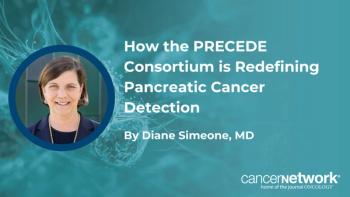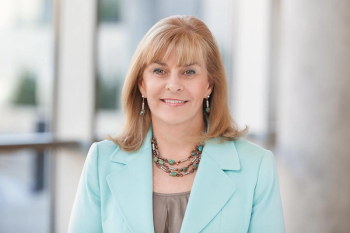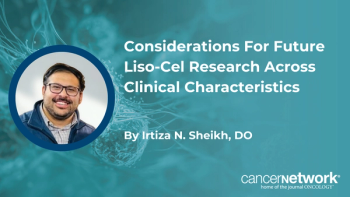
Nicholas J. Short, MD, on the Future of ALL and Possibilities for Transplant in These Patients
Short expanded on the future of acute lymphoblastic leukemia and transplantation necessity at the 2020 ASH Annual Meeting & Exposition.
In an interview with CancerNetwork®, Nicholas J. Short, MD, of the University of Texas MD Anderson Cancer Center, explained what’s coming next for the field of acute lymphoblastic leukemia (ALL) at the 2020 American Society of Hematology (ASH) Annual Meeting & Exposition.
Transcription:
It’s important that we continue to optimize ALL regimens. And with all regimens, there is a risk of toxicity with intensive chemotherapy and with long durations of chemotherapy. It’s relatively rare in a very fit population, but there are still patients who get significant cytopenias, have major infections, or even die in remission because of the need for repetitive [therapy] cycles, at least with our current paradigms of chemotherapy. If there’s anything that we can do to identify patients who don’t need to continue with 2 to 3 years of maintenance therapy, that would be clinically important.
A big question in the field of ALL in general is, “which patients need transplant?” Obviously, transplant comes with significant morbidity and potential for mortality. If we can identify patients who don’t need a transplant in first remission, that would be important for improving long-term outcomes for these patients.
Newsletter
Stay up to date on recent advances in the multidisciplinary approach to cancer.





































